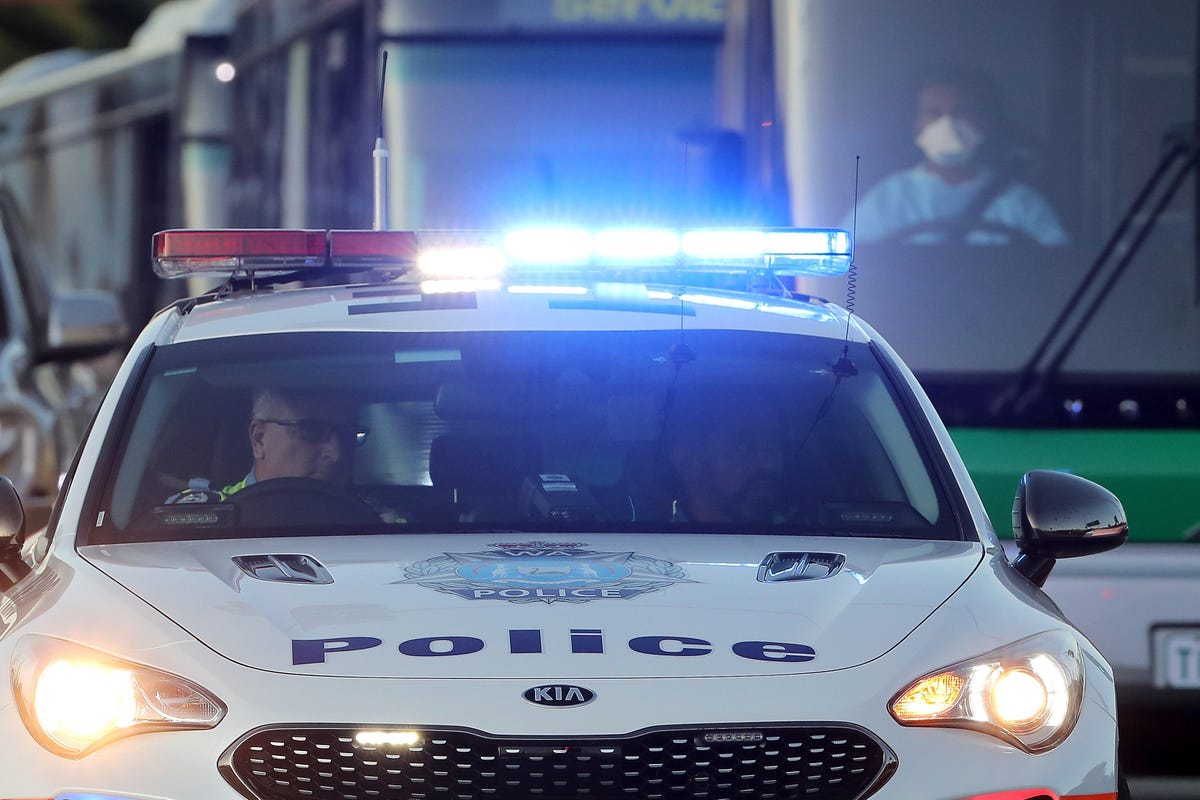Australia’s cops need reminding that chasing criminals isn’t society’s only need

A disturbing pair of attitudes continue to infect law enforcement agencies across Australia.
One is that if data exists then the cops have a right to access it.
The other is that as long as something isn’t specifically illegal then it’s OK for the government and its agencies to do it.
Earlier this month it was revealed that the Western Australia Police Force accessed data collected by the COVID SafeWA app, the state’s QR code check-in app.
WA Premier Mark McGowan said the app should only be used for contact tracing, but the cops disagreed.
“We attempted to negotiate an agreement with the police. They advised that it was lawful, and they couldn’t not do things that are lawful,” McGowan told ABC Radio Perth.
Well now the WA Parliament is introducing laws to block police access.
Meanwhile, Victoria Police tried to access check-in data three times last year. The health department refused. But acting police minister Danny Pearson said he was reluctant to follow WA’s lead and introduce a legislated ban.
“Let’s suppose a check-in could convict a criminal, I think that the idea of introducing legislation to prevent that occurring would lead to a poor public policy outcome,” Pearson told a state Budget Estimates Committee.
WA Police Commissioner Chris Dawson made much the same point, telling Perth radio station 6PR that the police has “a duty to investigate crime”.
“The police has a duty to collect the best possible evidence and put that before a court… I would not do my job as Police Commissioner if I was directed by the Premier or the politician elected by the people as to how to run a murder investigation.”
That’s the dilemma.
As a society we want to fight crime, but at the same time we don’t want to give unlimited power to the crimefighters because they have guns and can deprive us of our liberty and even our lives, and things can go wrong.
Eight years ago, in the wake of Edward Snowden’s revelations about the scale of global digital surveillance, I wrote that intelligence organisations’ burning need for all the data was an addiction.
Now the cops need their fix too, but can they handle the powerful data drugs responsibly? The evidence would suggest not.
The Australian National Audit Office (ANAO) recently reported [PDF] that the Australian Federal Police (AFP) doesn’t have an electronic data and records management system and “keeps more than 90% of its digital operational records in network drives”.
“Records in network drives are not secure from unauthorised access, alteration or deletion,” ANAO wrote.
Many officers choose not to use the AFP’s case management system, PROMIS, because they’re not obliged to. By its own assessment, AFP rates its information management maturity as 156th of 166 Australian government entities.
“The AFP’s poor digital record keeping is a risk to the integrity of its operations,” ANAO wrote.
This week the Commonwealth Ombudsman found that the AFP had “issues” with data destruction too, with numerous examples of poor processes and record-keeping.
The AFP was even found to be conducting surveillance in foreign jurisdictions without lawful approval. At least they disclosed that little oopsie to the Ombudsman.
Data destruction problems were also found at the South Australian Police and the Australian Criminal Intelligence Commission.
None of this is “OMG police state!” hyperbole. Australia isn’t a police state, and it’s quite some way from becoming one. We’re all free to write critiques like this one, for example.
But the police forces continually show that they don’t have systems capable of correctly handling the data they do have access to. Yet they always want more, and they tend to get everything their way when new laws are made.
The WA Bill to block their access to SafeWA data is a rare exception.
There’s nothing wrong with cops asking for new powers to make their jobs easier. Who doesn’t want to make their job easier? But the counterarguments need to be heard and, indeed, listened to.
During a global pandemic, it feels like the cops are more than happy to hunt down people breaking quarantine rules. They seem less interested in the harm minimisation — in ensuring everyone is comfortable giving fine-grained details of their daily lives to “the government”.
Politicians need some spine here. They need to get over their fear of appearing “soft on crime” — crime is at historical all-time lows anyway — and tell the cops, simply, “No you can’t do that”.
After all, what’s worse? An abstract “poor public policy outcome”, or more people on ventilators struggling for their lives?
RELATED COVERAGE
READ MORE HERE
